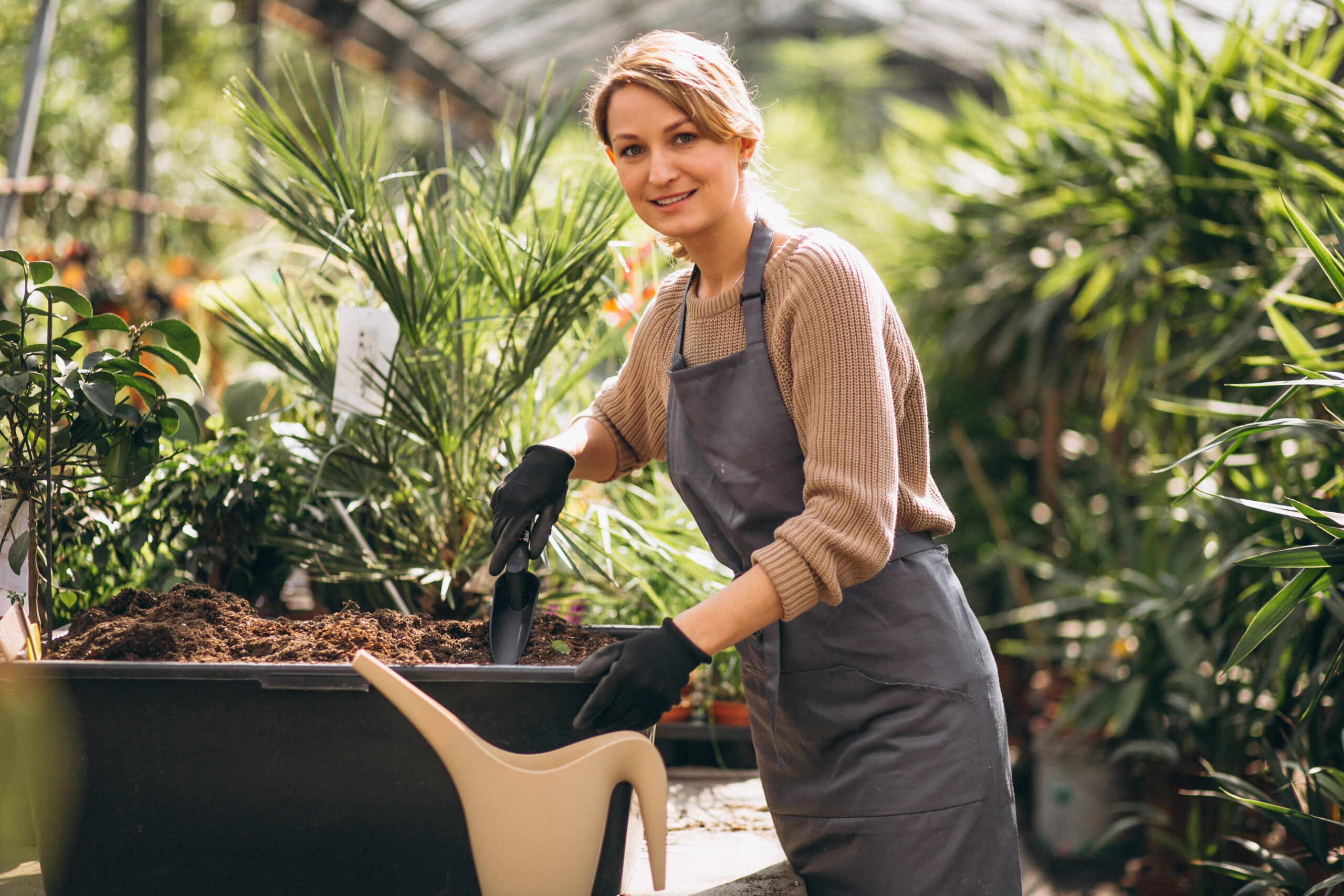What is gardening?
Gardening is the practice of growing plants, flowers, and vegetables in a specific area, such as a backyard, terrace, or communal garden plot. To promote growth and vitality, it entails actions like planting, watering, pruning, and caring for plants.
Brief History of gardening
Gardening has been essential to human civilization throughout history. Cultures all throughout the world have engaged in farming for both utilitarian and decorative reasons, from the formal gardens of Renaissance Europe to the hanging gardens of ancient Babylon. Despite technology developments and shifting cultural needs, it is still a beloved activity today.
The Value of Gardening in Modern Life
Improving Mental Health
It is the most important point of gardening ,Nowadays, with so much worry and anxiety in the air, agriculture. provides a healing haven. It has been demonstrated that spending time in outdoors and caring for plants lowers cortisol levels and increases calm. Taking care of living things can give one a feeling of achievement and purpose, which has a positive impact on mental health.
Enhancing Physical Well-Being
Tending a garden is a physically stimulating hobby that encourages physical activity. Digging, planting and weeding are examples of tasks that raise physical activity levels, which can enhance muscular strength and cardiovascular health. Additionally, horticulture in the sun promotes the natural production of vitamin D, which is crucial for strong bones and a healthy immune system.
Environmental Advantages
Among the best justifications for cultivation these days are the advantages horticulture provides to the environment. . People may help preserve biodiversity and reduce urban heat by creating green areas, whether they do it through conventional gardens or urban green roofs. In addition to lowering energy consumption and increasing general air quality, plants also absorb carbon dioxide, clean the air, and lessen the impact of the urban heat island effect.
